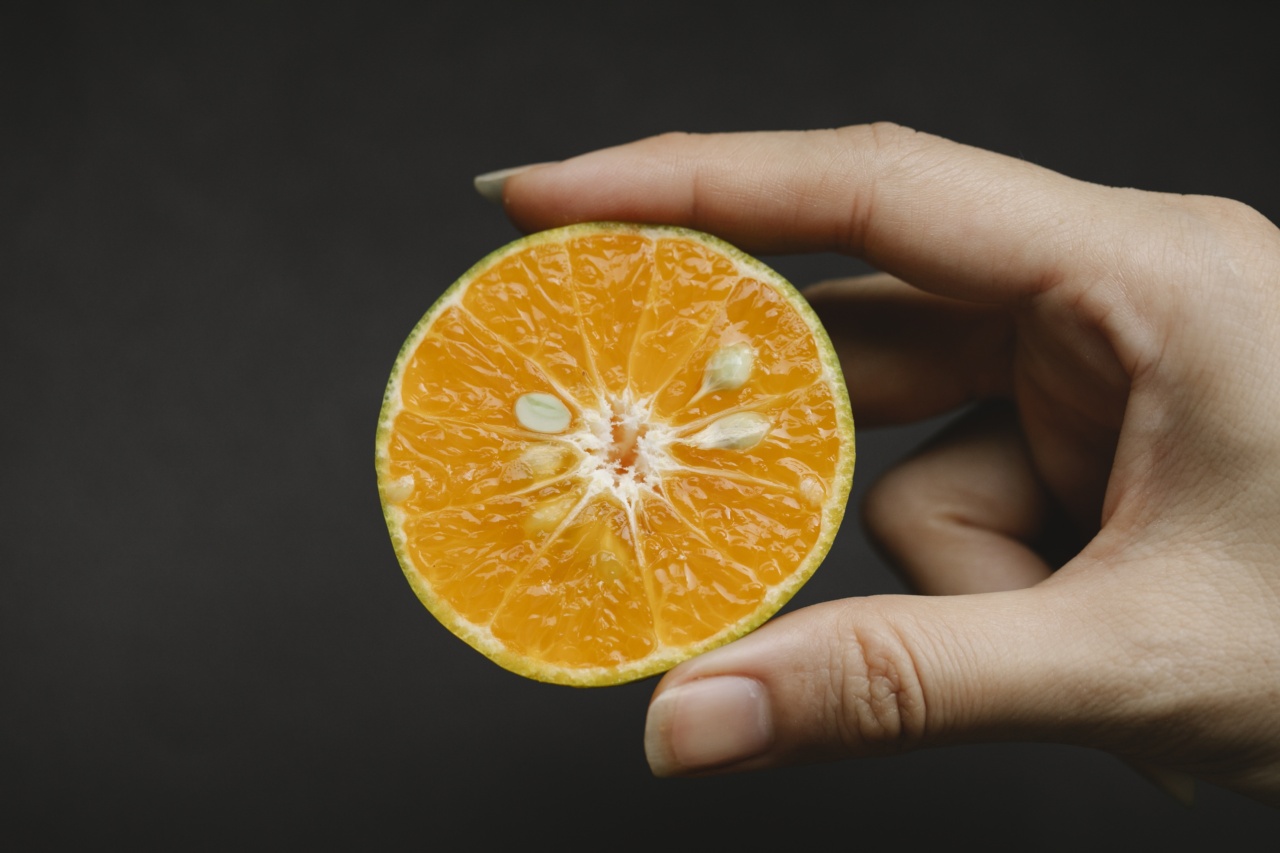Zinc is a trace mineral that plays an important role in many bodily processes. It is essential for immune function, wound healing, growth and development, and more.
Your body needs a certain amount of zinc every day to function properly, but many people don’t get enough of this important nutrient in their diets. In this article, we’ll take a closer look at the benefits of zinc, what foods are high in zinc, and how to make sure you’re getting enough of this vital nutrient.
What Is Zinc?
Zinc is a metallic element that is found in small amounts in the earth’s crust. It is essential for human health and is required for the function of over 300 enzymes in the body.
Zinc is also important for the proper function of the immune system and for DNA synthesis and cell division. The body does not store zinc, so it needs to be consumed regularly through the diet or through supplements.
Benefits of Zinc
Zinc has many important functions in the body. Here are some of the benefits of zinc:.
- Immune function: Zinc is essential for the proper function of the immune system. It helps to keep the immune system strong and healthy, and can help to reduce the risk of infections, such as the common cold.
- Wound healing: Zinc is important for the healing of wounds and injuries. It helps to promote the growth and development of new tissue and can help to reduce the risk of scarring.
- Growth and development: Zinc is important for the growth and development of the body, especially during childhood and adolescence. It is essential for proper growth and development of the bones, muscles, and other tissues.
- Reproduction and fertility: Zinc is important for reproductive health in both men and women. It plays a role in the production of testosterone and other hormones, and is important for the healthy development of sperm in men.
- Mental health: Zinc may play a role in the regulation of mood and behavior. Some studies have suggested that zinc supplementation may be helpful for people with depression and other mental health conditions, although more research is needed in this area.
How Much Zinc Do You Need?
The amount of zinc that you need depends on your age, sex, and other factors. Here are the recommended daily allowances for zinc:.
- Infants (0 to 6 months): 2 mg
- Infants (7 to 12 months): 3 mg
- Children (1 to 3 years): 3 mg
- Children (4 to 8 years): 5 mg
- Children (9 to 13 years): 8 mg
- Teens (14 to 18 years): 11 mg for males, 9 mg for females
- Adults (19 years and older): 11 mg for males, 8 mg for females
- Pregnant women: 11 mg
- Breastfeeding women: 12 mg
It’s important to note that the recommended daily allowances for zinc are just that – recommendations. Some people may need more or less zinc depending on their individual needs and health status.
Your doctor or a registered dietitian can help you determine how much zinc you need.
Food Sources of Zinc
Zinc is found in a wide variety of foods, including:.
- Meat: Beef, pork, lamb, and chicken are all good sources of zinc.
- Seafood: Oysters, crab, and lobster are very high in zinc.
- Legumes: Beans, lentils, and chickpeas are all good sources of zinc.
- Nuts and seeds: Pumpkin seeds, sunflower seeds, and cashews are all high in zinc.
- Whole grains: Brown rice, quinoa, and oats all contain zinc.
- Dairy: Milk, cheese, and yogurt are all good sources of zinc.
Some foods, such as breakfast cereals and other fortified foods, may also be fortified with zinc. It’s important to read food labels to determine how much zinc a food contains.
Zinc Deficiency
Zinc deficiency is a common problem, especially in developing countries.
In the United States, zinc deficiency is less common, but it can still occur, especially in people who follow vegetarian or vegan diets or who have gastrointestinal disorders that affect the absorption of nutrients.
Signs and symptoms of zinc deficiency can include:.
- Decreased appetite
- Delayed wound healing
- Hair loss
- Diarrhea
- Slow growth
- Impaired immune function
- Dermatitis (skin inflammation)
If you are concerned that you may have zinc deficiency, talk to your doctor. A blood test can help determine if you are deficient in zinc.
Zinc Supplements
If you are not getting enough zinc from your diet, you may need to take a zinc supplement. Zinc supplements are available in a variety of forms, including pills, lozenges, and gels.
There are also zinc supplements that are designed specifically for children.
It’s important to talk to your doctor before taking any supplements, including zinc. Some supplements can interact with medications or cause side effects.
Your doctor can help you determine if a zinc supplement is right for you and what dose you should take.
The Bottom Line
Zinc is an important nutrient that has many benefits for the body. It’s essential for immune function, wound healing, growth and development, and more. Fortunately, zinc is found in many foods, including meat, seafood, legumes, nuts, and seeds.
If you’re concerned that you’re not getting enough zinc, talk to your doctor. A blood test can help determine if you are deficient in zinc and if you need a supplement.





























